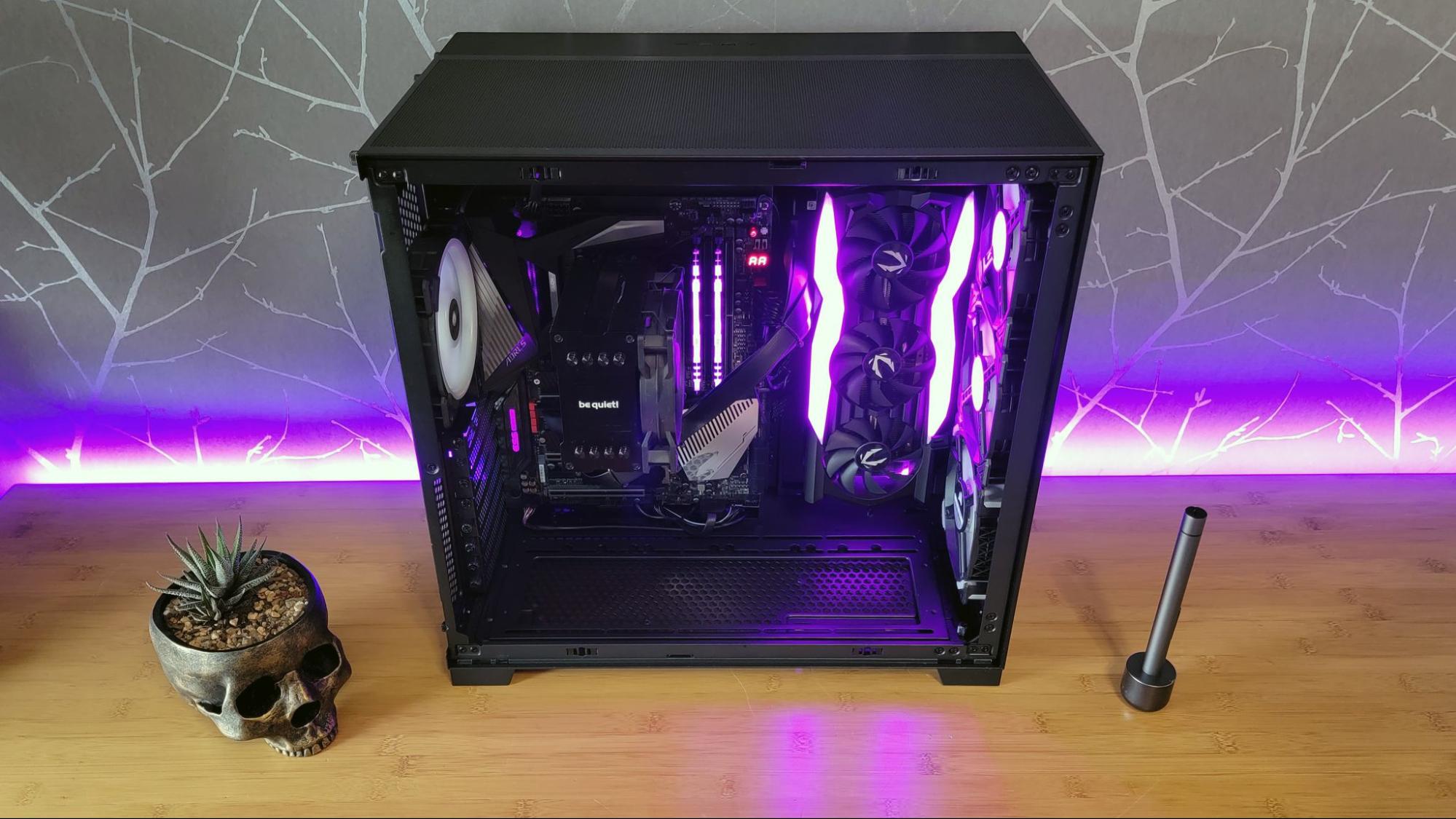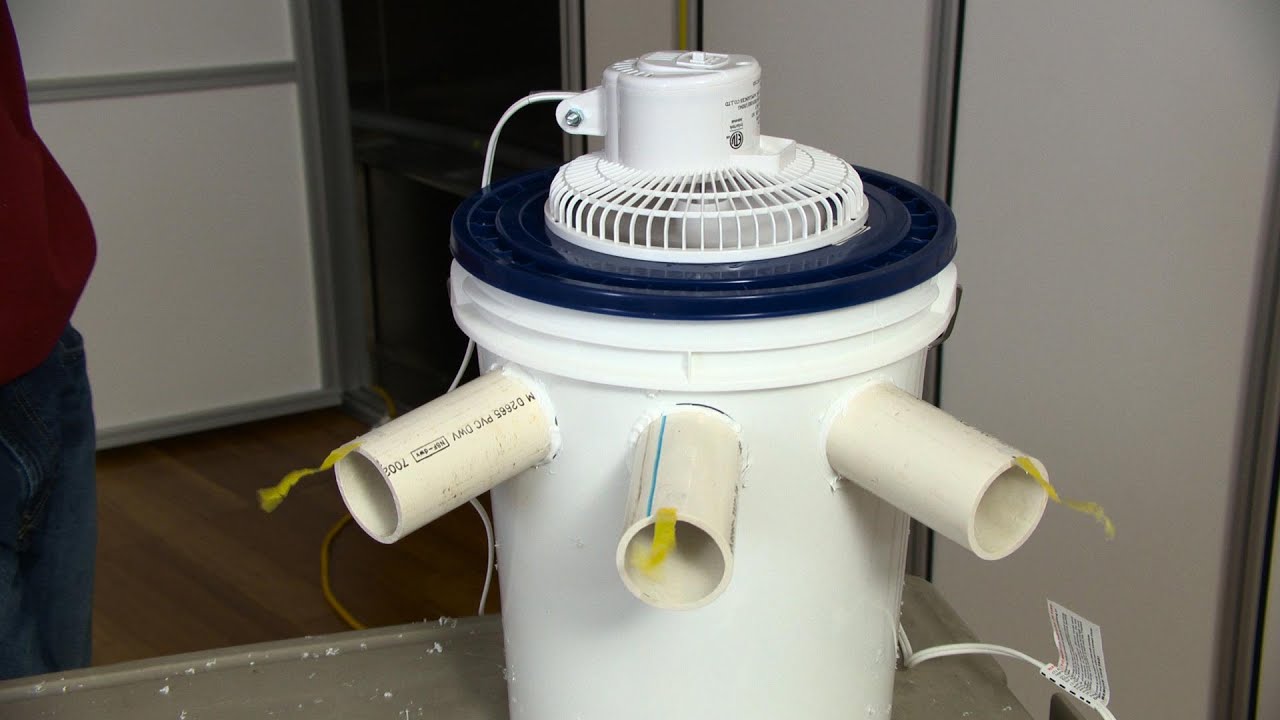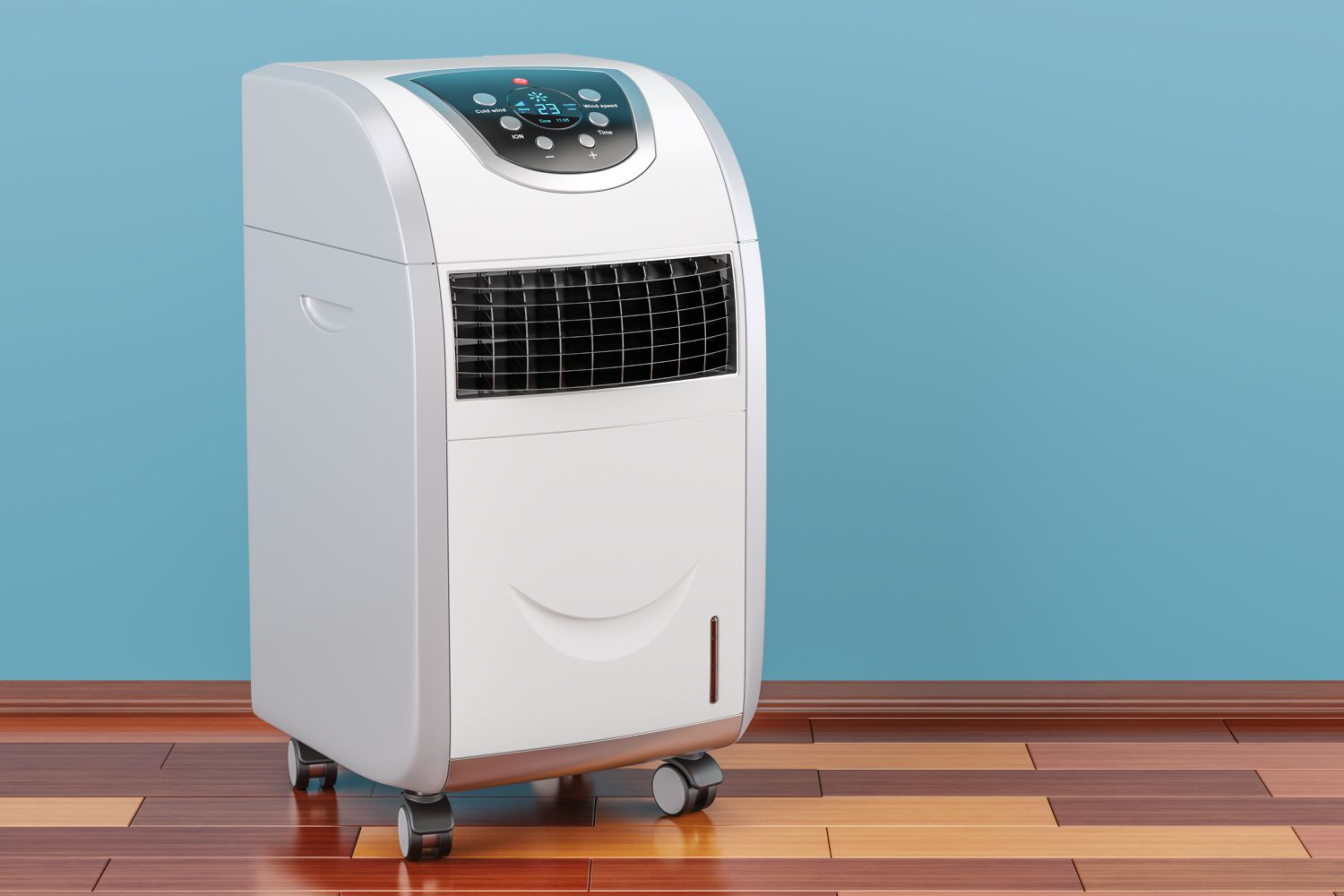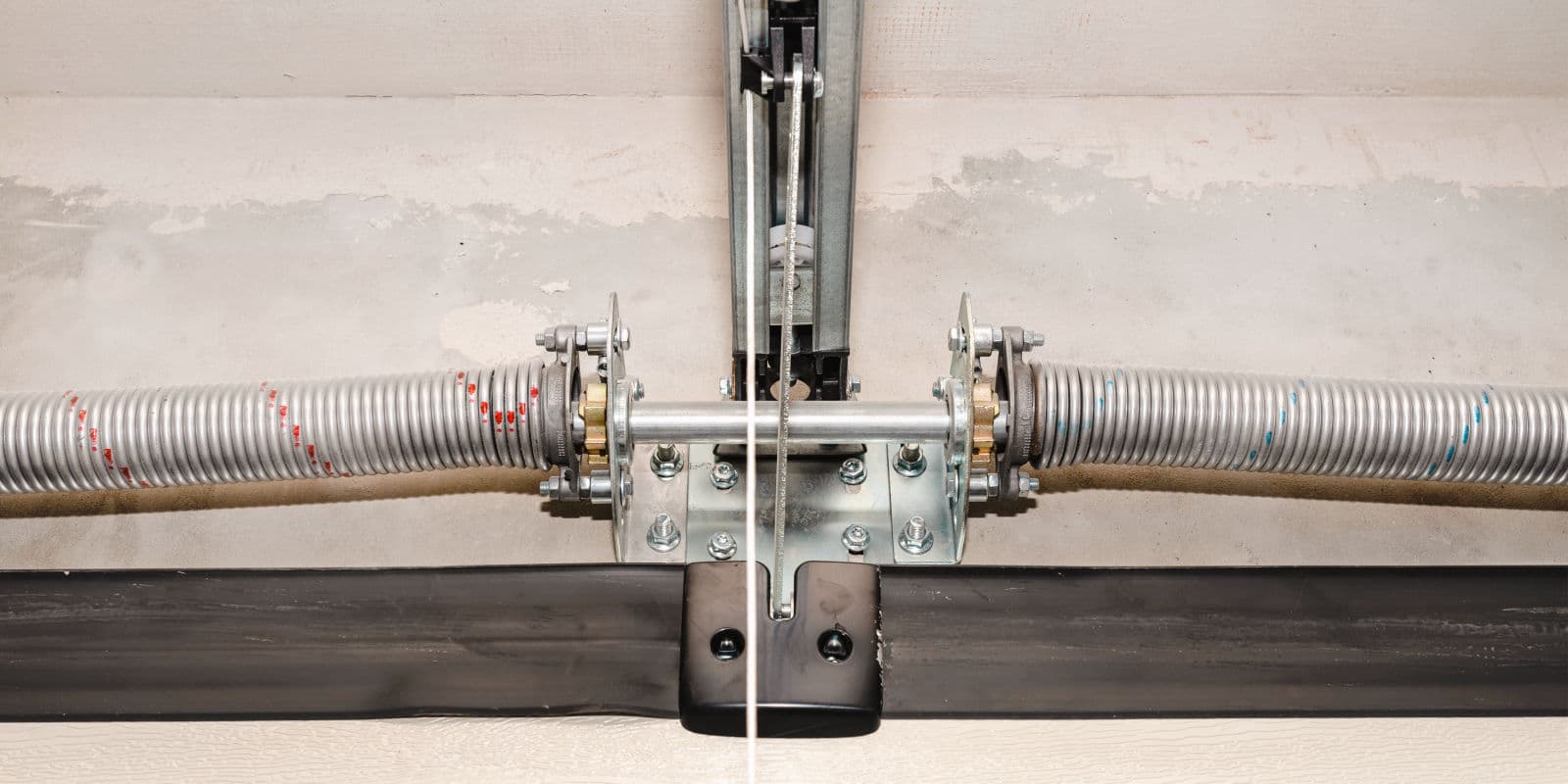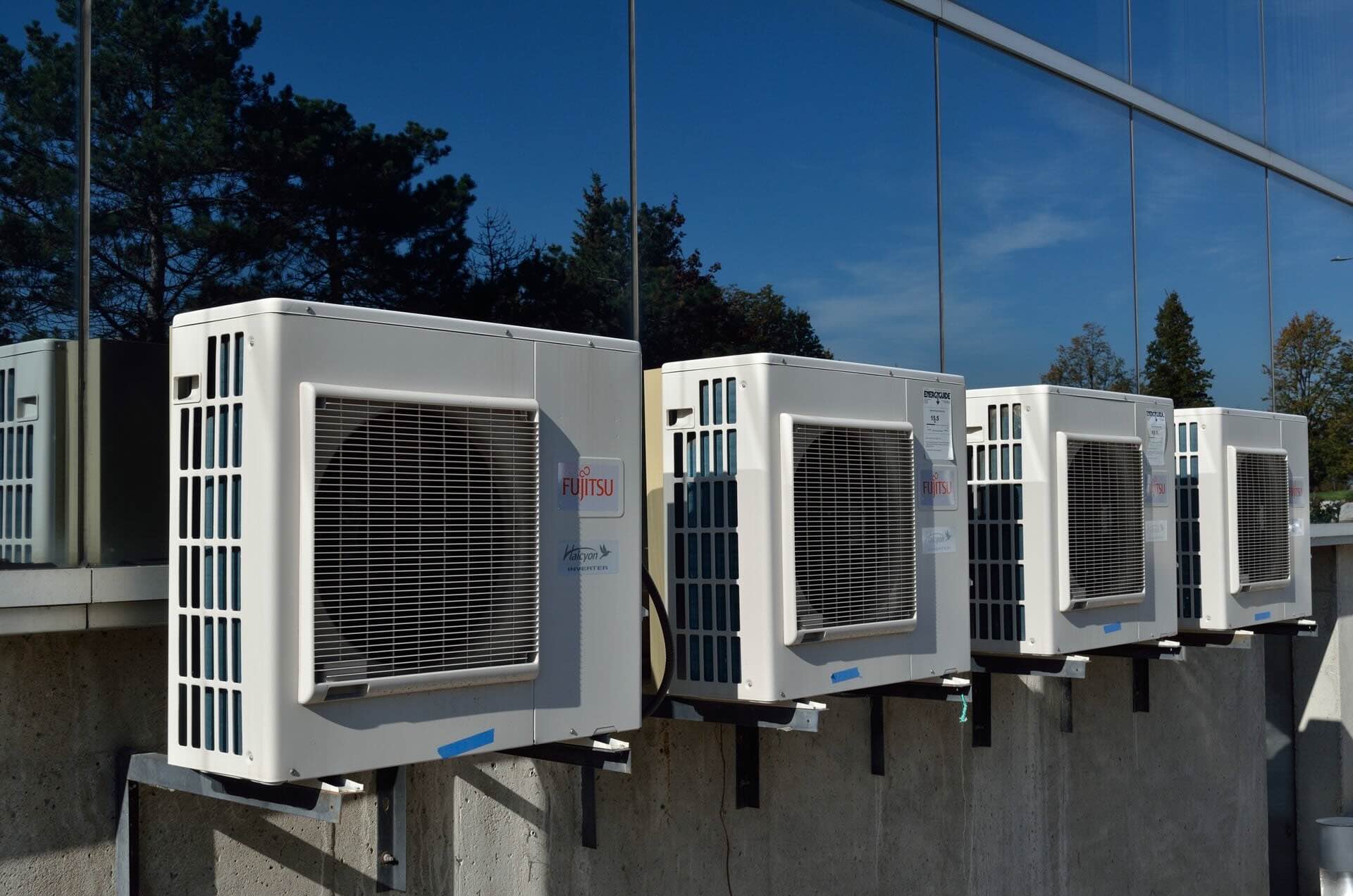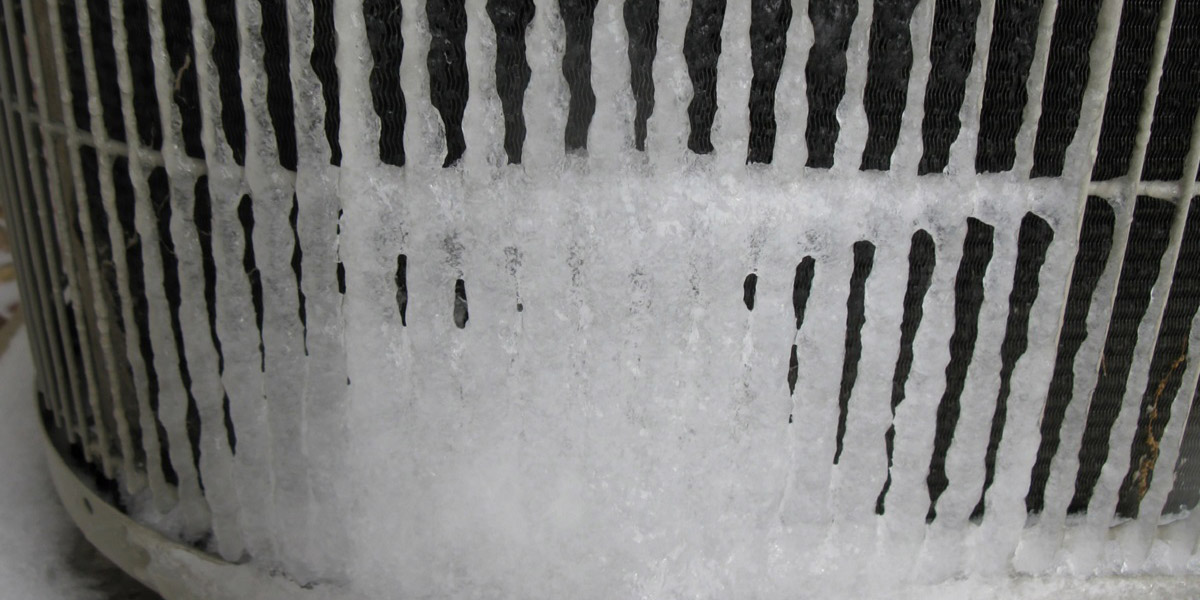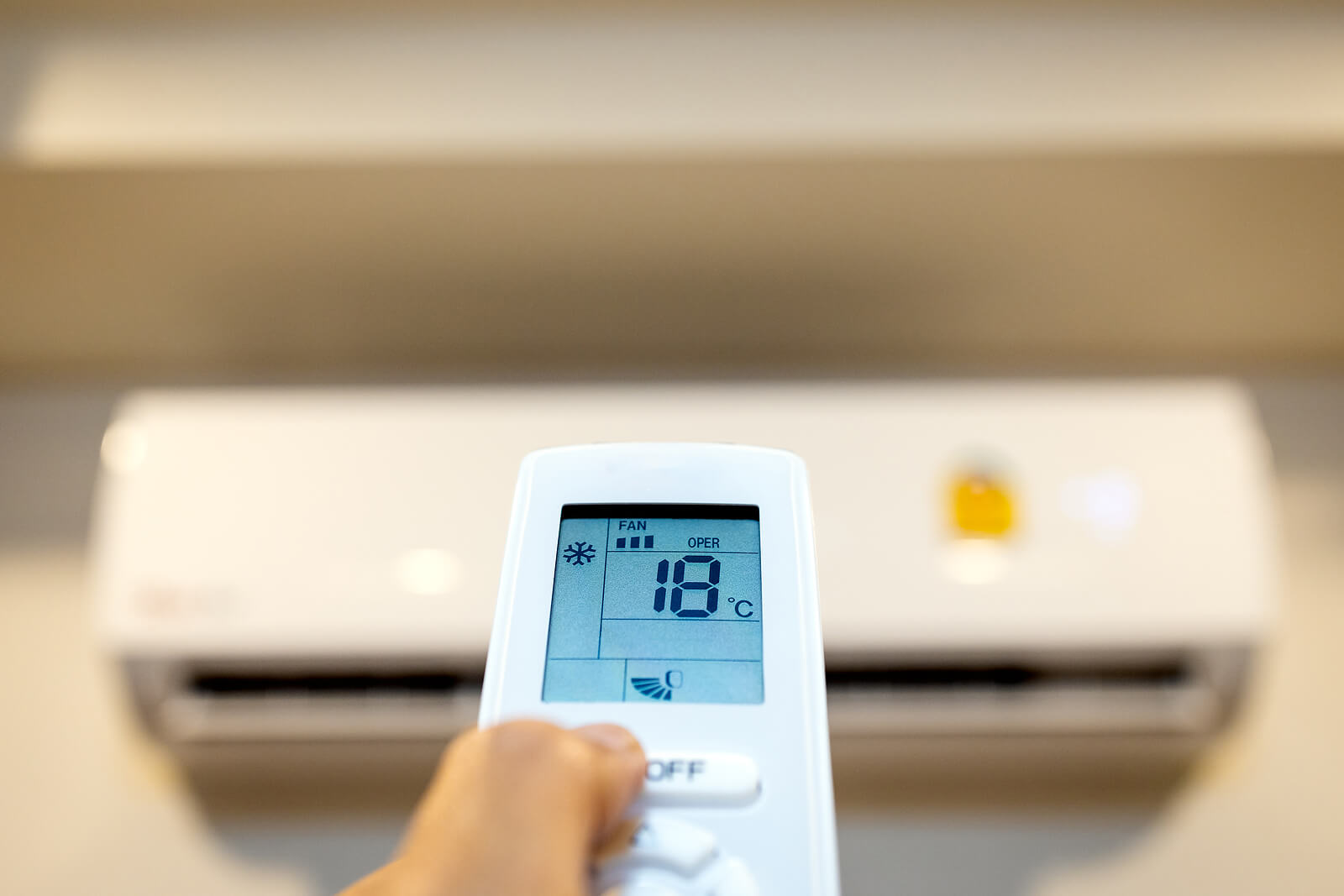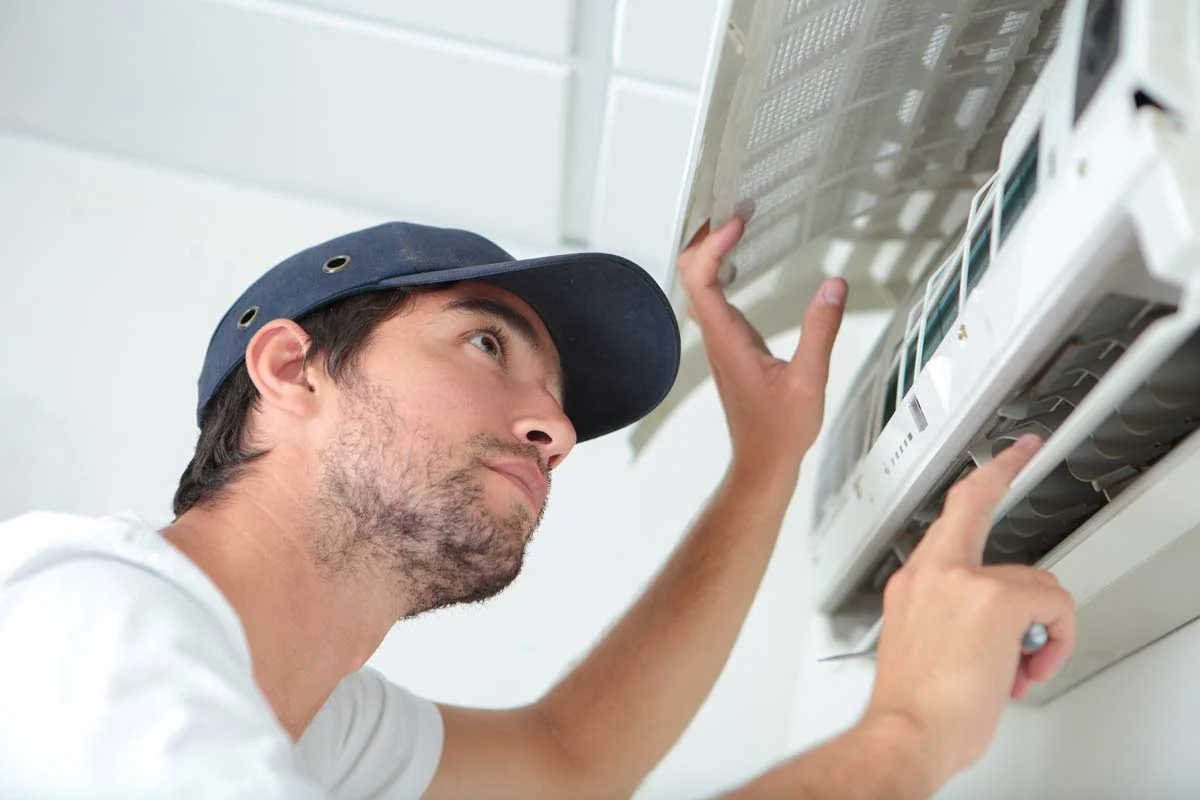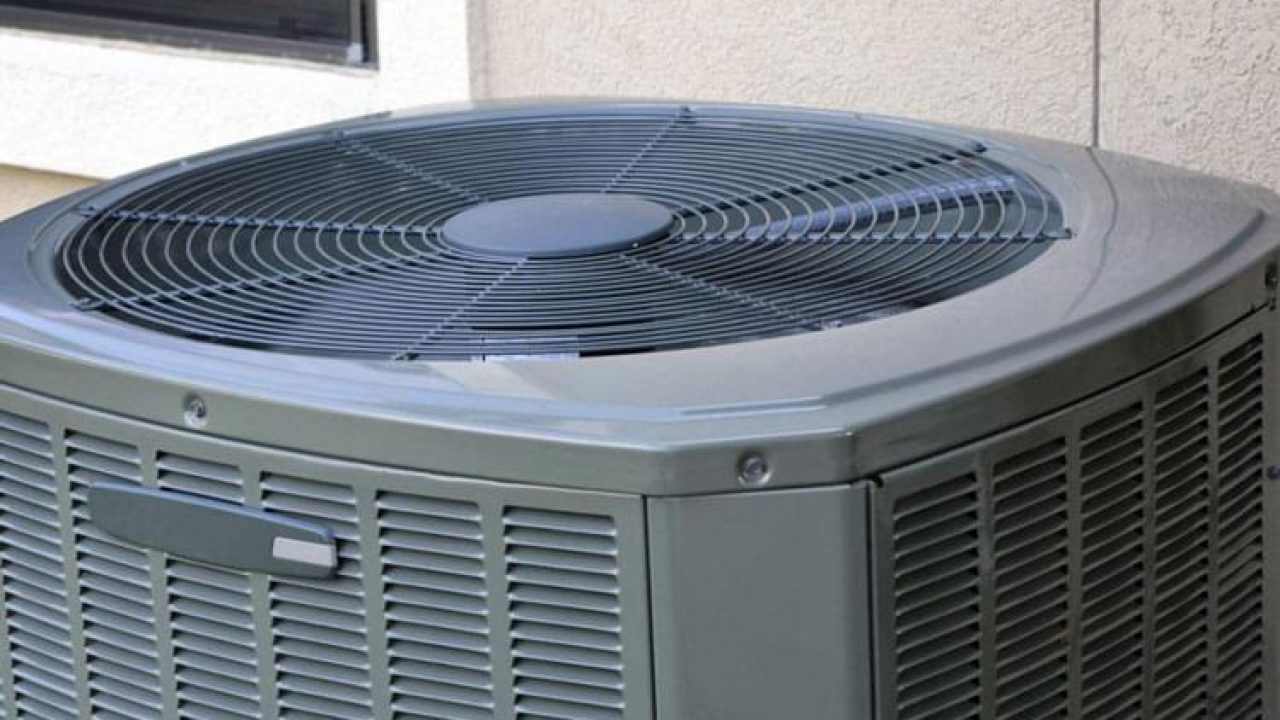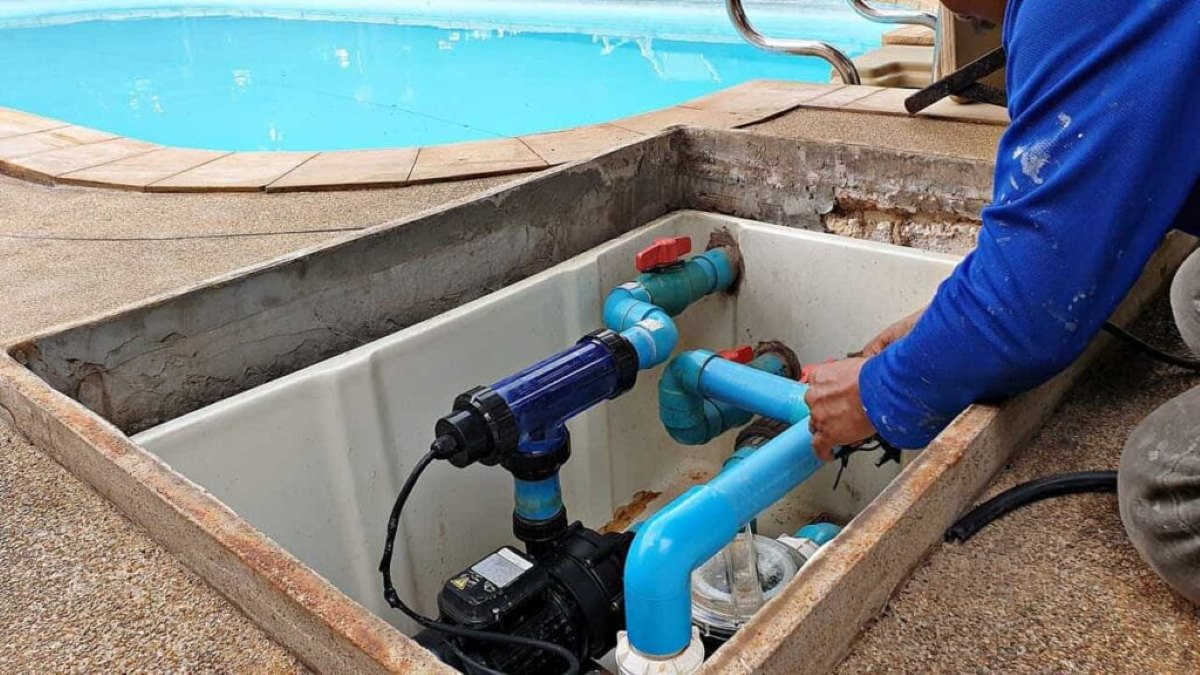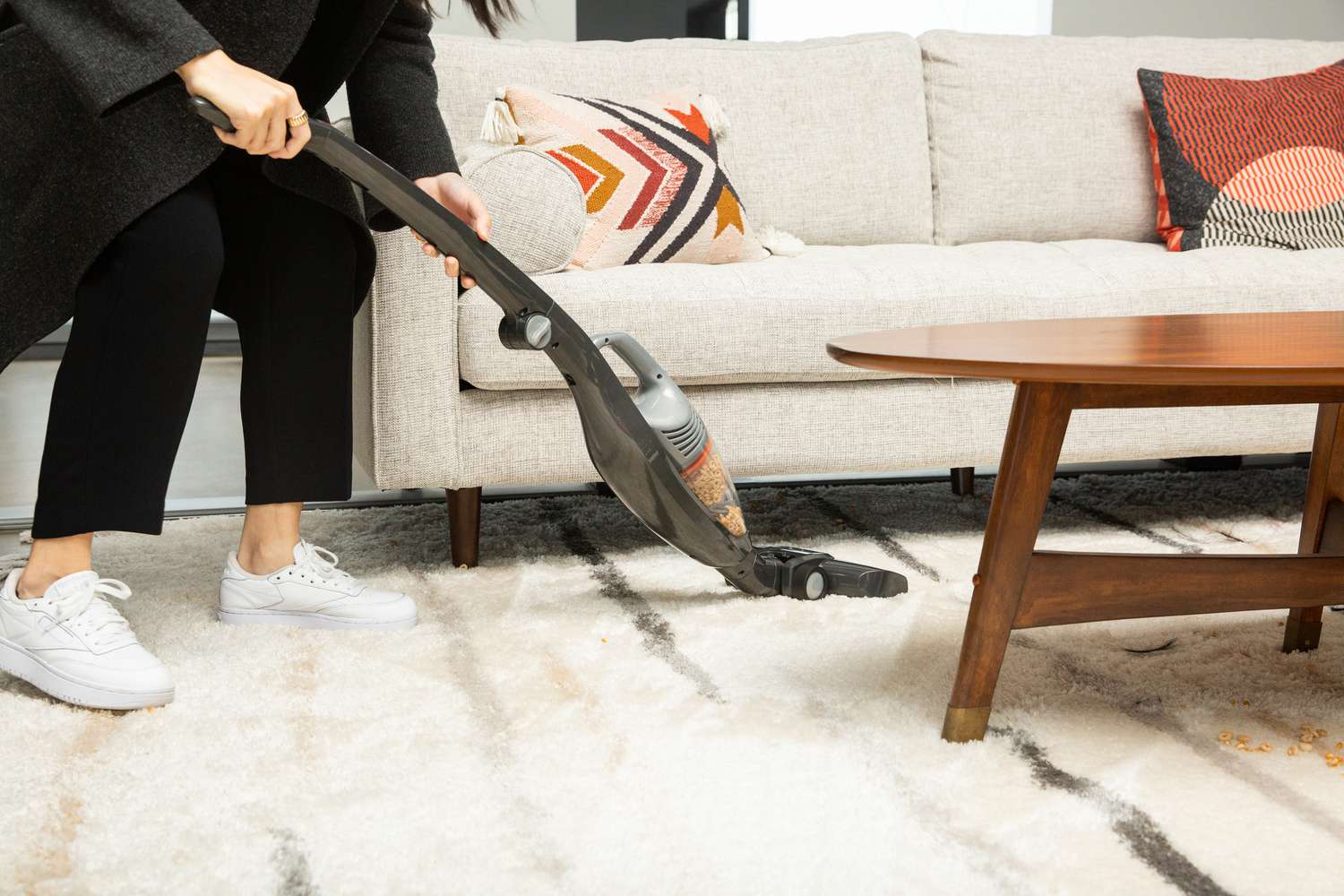Home>Home Maintenance>How To Make My Air Conditioner Quieter
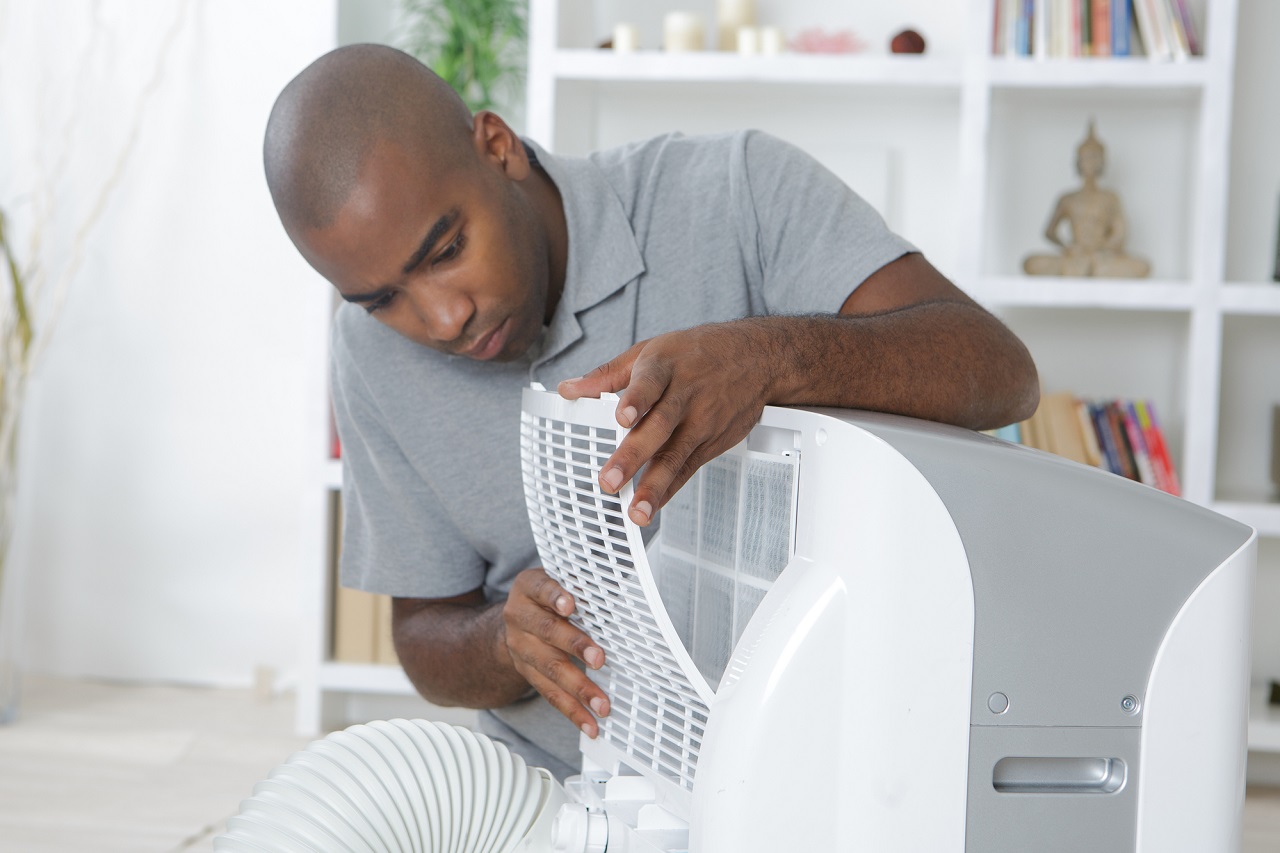

Home Maintenance
How To Make My Air Conditioner Quieter
Modified: October 20, 2024
Learn how to make your air conditioner quieter with these simple home maintenance tips. Create a more peaceful and comfortable environment in your home.
(Many of the links in this article redirect to a specific reviewed product. Your purchase of these products through affiliate links helps to generate commission for Storables.com, at no extra cost. Learn more)
Introduction
Summer is here, and with it comes the need for a well-functioning air conditioner to keep your home cool and comfortable. However, if your air conditioner is making excessive noise, it can be a real headache. Not only can it disrupt your peace and quiet, but it may also indicate underlying issues with your AC unit.
In this article, we will explore various methods to make your air conditioner quieter. We will discuss how to identify the source of the noise, perform regular maintenance and cleaning, isolate vibrations, insulate ducts and vents, install a soundproof enclosure, and even consider upgrading to a quieter AC unit.
By following these steps, you can not only reduce the noise level of your air conditioner but also improve the overall efficiency and lifespan of your unit.
Key Takeaways:
- Keep your air conditioner quiet by regular maintenance, cleaning, and isolating vibrations. Insulate ducts and vents, and consider upgrading to a quieter AC unit for a peaceful home environment.
- Identify and address the source of noise in your air conditioner. Use anti-vibration pads, secure loose components, and install a soundproof enclosure if needed for a quieter living space.
Read more: How To Make My Car Air Conditioner Colder
Understanding Noise Levels
Before we dive into the various methods to make your air conditioner quieter, it’s important to understand the different noise levels associated with HVAC systems. Air conditioners typically produce two types of noise: airborne noise and vibration noise.
Airborne noise refers to the sound waves that propagate through the air. This can be caused by the movement of air, fans, or the compressor. Vibration noise, on the other hand, is caused by the physical vibrations of the components within the air conditioner.
When it comes to measuring noise levels, we use a unit called decibels (dB). The decibel scale is logarithmic, meaning that a small increase in decibels can result in a significant increase in noise. For example, a 10 dB increase is perceived as roughly double the noise level.
A whisper is typically around 30 dB, while a normal conversation is around 60 dB. Anything above 70 dB can be considered loud, and prolonged exposure to noise levels above 85 dB can lead to hearing damage.
It’s important to note that different air conditioner models may have different noise ratings. When purchasing a new AC unit, you can look for the noise rating on the product specifications. This rating is typically measured in decibels and represents the noise level produced by the unit. Lower noise ratings indicate quieter operation.
Identifying the Source of Noise
Before taking any action to make your air conditioner quieter, it’s crucial to identify the source of the noise. By pinpointing the exact problem, you can address it effectively and ensure that other components of your AC unit are not affected.
Here are some common sources of noise in air conditioners:
- Fan Noise: The fan is responsible for circulating cool air throughout your home. If the fan blades are loose, bent, or dirty, they can produce a loud whirring or rattling sound. Inspect the fan blades for any damage or debris.
- Compressor Noise: The compressor is the heart of your air conditioner. If it’s making loud noises, it could indicate a faulty motor or loose components. Pay close attention to any unusual sounds coming from the compressor unit.
- Loose Parts: Over time, screws, bolts, and other components in your AC unit can become loose due to vibrations. This can lead to rattling or clanking noises. Inspect all visible parts of your air conditioner for any signs of looseness.
- Condenser Coil Noise: The condenser coil is responsible for removing heat from the refrigerant. If there’s debris or dirt buildup on the coil, it can lead to a noisy operation. Inspect the condenser coil and clean it if necessary.
- Ductwork Noise: If you hear a whooshing or rattling sound when your air conditioner is running, it may be due to the ductwork. Loose or poorly insulated ducts can cause vibrations and air turbulence, resulting in noise.
By carefully assessing these potential sources of noise, you can narrow down the issue and take appropriate measures to address it. If you’re unsure about the source of the noise, it’s best to consult a professional HVAC technician who can provide a thorough diagnosis.
Maintenance and Cleaning
Regular maintenance and cleaning play a vital role in reducing noise levels and ensuring the efficient operation of your air conditioner. By keeping your AC unit in top shape, you can minimize noise caused by loose parts, dirt buildup, and inefficiencies.
Here are some maintenance and cleaning tips to make your air conditioner quieter:
- Replace Air Filters: Clogged or dirty air filters restrict airflow and put strain on the system, leading to increased noise. Replace air filters every 1-3 months, especially during peak usage seasons.
- Clean Condenser Coils: Dirty condenser coils hinder heat transfer and make the system work harder. Use a soft brush or vacuum to remove debris from the coils regularly.
- Lubricate Moving Parts: The moving parts of your air conditioner, such as fan motors and bearings, can generate noise if not properly lubricated. Refer to your unit’s manual for guidance and lubricate these parts as recommended.
- Tighten Loose Components: Check for any loose screws, bolts, or panels in your AC unit. Use a screwdriver to tighten them gently, ensuring they are secure but not overly tightened.
- Inspect and Clean Fan Blades: Dirty or misaligned fan blades can cause noisy operation. Turn off the power, remove any debris, and gently clean the blades. If they are bent or damaged, consider replacing them.
- Clear Obstructions: Ensure that there are no furniture, curtains, or other objects blocking the airflow around your air conditioner. Obstructions can disrupt airflow and lead to increased noise.
By incorporating these maintenance and cleaning practices into your routine, you can significantly reduce the noise generated by your air conditioner. Additionally, regular maintenance will prolong the lifespan of your unit and improve its energy efficiency.
Isolating Vibrations
Vibrations are a common cause of noise in air conditioners. The movement of internal components and the operation of fans can create vibrations that transmit through the unit and into the surrounding structures, amplifying the noise. By isolating these vibrations, you can minimize the noise level of your air conditioner.
Here are some methods to effectively isolate vibrations:
- Use Anti-Vibration Pads: Place anti-vibration pads under your air conditioner unit to absorb and minimize vibrations. These pads are typically made of rubber or neoprene and can be easily installed. Ensure that the pads are compatible with the weight and size of your AC unit.
- Secure Loose Components: Check for any loose screws, nuts, or brackets in your air conditioning unit. Tighten them securely to prevent vibrations caused by the movement of these components.
- Check Mounting Brackets: Inspect the mounting brackets that hold your air conditioner unit in place. Ensure that they are tight and secure, as loose brackets can contribute to vibration noise. Replace any damaged or worn-out brackets.
- Use Rubber Grommets: If you have access to the interior of your air conditioner, consider using rubber grommets to isolate vibrations in specific parts. Install these grommets between metal components to create a cushioning effect and reduce the transmission of vibrations.
- Properly Balance Fan Blades: Imbalanced fan blades can create significant vibrations and noise. Use a fan-balancing kit to ensure that the blades are evenly weighted and properly aligned. This will help minimize vibrations caused by the fan’s rotation.
By implementing these methods, you can effectively isolate and reduce the vibrations in your air conditioner, resulting in a quieter operation. Remember to refer to your unit’s manual for specific instructions and recommendations on isolating vibrations.
Consider installing a sound blanket or acoustic foam around the compressor to reduce noise. Regular maintenance and cleaning can also help keep the unit running quietly.
Insulating Ducts and Vents
Ductwork and vents play an important role in the distribution of air throughout your home. However, if they are not properly insulated, they can be a significant source of noise. Insulating ducts and vents can help reduce noise transmission and create a quieter environment.
Here are some steps to insulate your ducts and vents:
- Identify Air Leaks: Before insulating, inspect your ductwork for any air leaks. Common areas for leaks include joints, connections, and seams. Use duct sealant or metal-backed tape to seal any leaks and prevent air leakage and noise.
- Choose Insulation Material: There are several insulation materials available for ducts and vents. Some common options include fiberglass duct wrap, foam board insulation, and acoustic insulation. Choose an insulation material with good noise-absorbing properties.
- Measure and Cut Insulation: Measure the length and diameter of your ductwork and vents to determine the amount of insulation material required. Cut the insulation material to the appropriate size using a utility knife or insulation cutting tool.
- Apply Insulation: Wrap the insulation material around the ductwork, ensuring a snug fit. Use adhesive or duct tape to secure the insulation in place. Pay special attention to insulating areas where noise transmission is likely, such as near noisy equipment or around bends and transitions.
- Seal and Reinforce: After insulating, seal any gaps or seams in the insulation using foil tape or duct sealant. This will prevent air leakage and further reduce noise transmission. Additionally, reinforce the insulation with metal banding or insulation pins for added stability.
Insulating your ducts and vents can greatly reduce the noise generated by air flowing through them. It also helps to maintain consistent airflow and temperature throughout your home. If you are unfamiliar with duct insulation, it’s recommended to consult a professional HVAC technician for guidance and assistance.
Installing a Soundproof Enclosure
If you’ve tried various methods to reduce the noise of your air conditioner but still find it disruptive, installing a soundproof enclosure can be an effective solution. A soundproof enclosure acts as a barrier, preventing noise from escaping and creating a quieter environment.
Here are the steps to install a soundproof enclosure for your air conditioner:
- Measure the Dimensions: Measure the dimensions of your air conditioner unit to determine the size of the enclosure you will need. Consider leaving some extra space for ventilation and maintenance access.
- Choose Soundproofing Materials: Select suitable soundproofing materials for your enclosure. Acoustic foam panels, mass-loaded vinyl, and sound-deadening blankets are commonly used to reduce noise transmission. Ensure that the materials have good sound absorption properties.
- Construct the Frame: Build a sturdy frame using wood or metal to support the soundproofing materials. Make sure the frame is dimensionally accurate and able to securely hold the panels in place.
- Install Soundproofing Materials: Attach the soundproofing materials to the frame. Apply adhesive or use screws to secure them in position. Consider layering multiple materials for enhanced noise reduction.
- Address Ventilation Needs: Ensure proper ventilation for your air conditioner by incorporating vents or openings in the soundproof enclosure. This will prevent overheating and maintain optimal airflow.
- Test and Adjust: Once the enclosure is built and installed, turn on your air conditioner and monitor the noise level. If necessary, make adjustments to the enclosure, such as adding more soundproofing materials or sealing any gaps that may be contributing to noise leakage.
By installing a soundproof enclosure, you can significantly reduce the noise produced by your air conditioner and create a more peaceful living environment. However, it’s important to note that constructing a soundproof enclosure may require technical skills and knowledge. If you are unsure or uncomfortable with the process, it’s advisable to consult a professional contractor who specializes in soundproofing.
Upgrading to a Quieter AC Unit
If you’ve tried various methods to make your air conditioner quieter but are still unsatisfied with the noise level, it may be time to consider upgrading to a quieter AC unit. Newer models often come with advanced technology and design features that prioritize noise reduction.
Here are some factors to consider when upgrading to a quieter AC unit:
- Noise Rating: When shopping for a new AC unit, look for the noise rating on the product specifications. This rating is typically measured in decibels (dB) and represents the noise level produced by the unit. Choose a unit with a lower noise rating for quieter operation.
- Inverter Technology: Air conditioners with inverter technology are designed to operate at variable speeds, adjusting their output based on the cooling needs of the space. This not only enhances energy efficiency but also minimizes noise, as the compressor doesn’t need to constantly cycle on and off.
- Sound-Dampening Features: Some AC units are equipped with sound-dampening features, such as insulated compressor compartments, rubberized fan mounts, and noise-absorbing insulation. These features help to reduce noise transmission and create a quieter environment.
- Proper Sizing: It’s important to choose an AC unit that is properly sized for the space it will be cooling. Undersized units may have to work harder, leading to increased noise. Consult with a professional HVAC technician to determine the appropriate size for your specific needs.
- Brand and Model: Research reputable brands and models known for their quiet operation. Read customer reviews and look for units specifically marketed as quiet or low-noise. It’s also worth considering units that have been certified by external organizations for noise reduction.
Keep in mind that upgrading to a quieter AC unit may require a financial investment. However, the benefits of improved comfort and reduced noise can greatly outweigh the initial cost.
Before making a final decision, consult with an HVAC professional who can assess your specific needs and provide recommendations based on factors such as the size of your space, climate conditions, and budget constraints.
Conclusion
Dealing with a noisy air conditioner can be frustrating, but there are several effective methods to make it quieter. By understanding noise levels, identifying the source of noise, and implementing maintenance and cleaning practices, you can significantly reduce the noise generated by your air conditioner.
Isolating vibrations through the use of anti-vibration pads and securing loose components can further contribute to a quieter operation. Additionally, insulating ducts and vents and installing a soundproof enclosure can help minimize noise transmission and create a more peaceful environment.
If these measures do not provide satisfactory results, upgrading to a quieter AC unit may be the best solution. Consider factors such as noise ratings, inverter technology, sound-dampening features, proper sizing, and reputable brands when making your decision.
Remember that regular maintenance and professional assistance are crucial in optimizing the performance and noise levels of your air conditioning system. Consult with HVAC experts for guidance and ensure that any modifications or upgrades are done safely and in compliance with local regulations.
By taking the necessary steps to make your air conditioner quieter, you can enjoy a calm and comfortable home environment while keeping cool during those hot summer months.
Frequently Asked Questions about How To Make My Air Conditioner Quieter
Was this page helpful?
At Storables.com, we guarantee accurate and reliable information. Our content, validated by Expert Board Contributors, is crafted following stringent Editorial Policies. We're committed to providing you with well-researched, expert-backed insights for all your informational needs.
